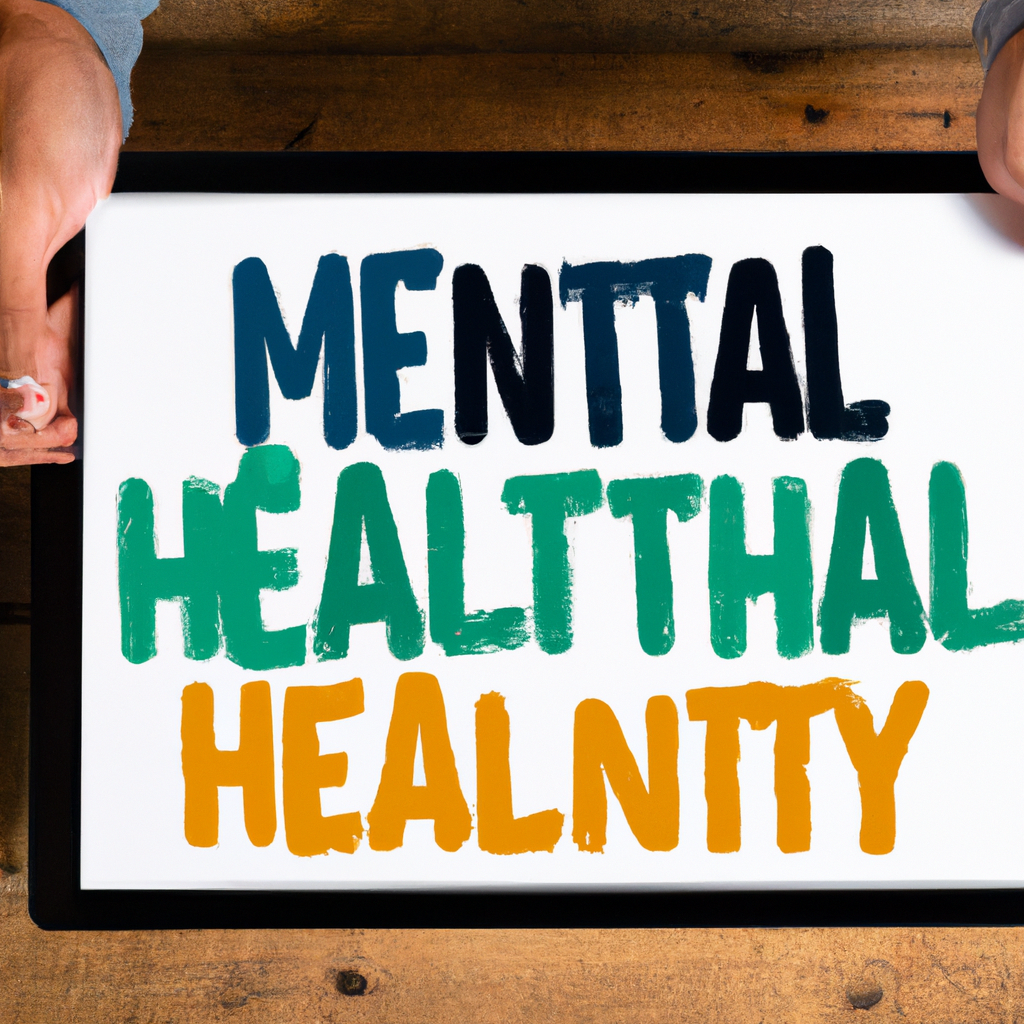Mental health through sport

# Mental Health Through Sport: A Path to Well-Being
In today’s fast-paced world, where stressors lurk around every corner, mental health has become a focal point of discussion. The importance of maintaining mental well-being cannot be overstated, and one of the most effective and enjoyable ways to enhance mental health is through sport. Engaging in physical activity not only helps improve physical health but also significantly contributes to better mental health. In this blog post, we will explore the connection between mental health and sport, the benefits of exercise, nutrition tips to complement your regimen, and advice on how to get started.
## The Connection Between Sport and Mental Health
Sport and physical activity can serve as powerful tools for managing stress, anxiety, and depression. When we engage in physical exercise, our bodies release endorphins, often referred to as “feel-good” hormones, which can lead to an improvement in mood and a reduction in feelings of pain. Regular physical activity has also been shown to decrease levels of cortisol, a hormone that is released in response to stress.
Moreover, participating in team sports fosters social connections, which are crucial for mental well-being. Building relationships through shared experiences in sports can create a sense of belonging, reduce feelings of loneliness, and provide a support system during challenging times. Whether you’re running solo or playing in a team, the benefits of sport extend far beyond the physical.
## Health Benefits of Sport
The advantages of engaging in sports and physical activities are numerous:
1. **Improved Mood and Reduced Anxiety**: Regular exercise can alleviate symptoms of anxiety and depression. The endorphin release enhances mood and creates a sense of euphoria, often referred to as the “runner’s high.”
2. **Enhanced Self-Esteem**: Achieving new fitness goals, whether it’s running a mile without stopping or mastering a new skill, fosters a sense of accomplishment and boosts self-esteem.
3. **Better Sleep**: Physical activity can improve the quality of sleep, helping individuals fall asleep faster and enjoy a deeper sleep. Quality rest is essential for mental clarity and emotional regulation.
4. **Cognitive Benefits**: Regular exercise has been linked to improved cognitive function, including better memory retention and faster decision-making skills, which can combat the cognitive decline associated with stress.
5. **Stress Relief**: Engaging in sports provides an outlet for releasing pent-up energy and stress, allowing individuals to cope better with life’s challenges.
## Nutrition Tips for Mental Wellness
To maximize the benefits of physical activity on mental health, it’s crucial to support your body with the right nutrition. Here are some tips:
1. **Balanced Diet**: Incorporate a variety of foods into your diet, including fruits, vegetables, whole grains, lean proteins, and healthy fats. A well-rounded diet fuels your body and mind.
2. **Omega-3 Fatty Acids**: Foods rich in omega-3s, such as salmon, walnuts, and flaxseeds, have been shown to improve mood and cognitive function. Consider adding these to your meals.
3. **Stay Hydrated**: Dehydration can lead to fatigue and decreased concentration. Drink plenty of water throughout the day, especially before, during, and after exercising.
4. **Limit Processed Foods**: Foods high in sugar and saturated fats can negatively impact mood and energy levels. Aim for whole foods that nourish your body and support mental clarity.
5. **Mindful Eating**: Pay attention to your eating habits. Eating mindfully can help you appreciate your meals and recognize how different foods affect your mood and energy.
## Exercise Advice: Getting Started
Starting an exercise routine can be intimidating, but it doesn’t have to be. Here’s how to ease into it:
1. **Set Realistic Goals**: Begin with small, achievable goals. Whether it’s walking for 10 minutes a day or attending a weekly yoga class, setting manageable goals will help you stay motivated.
2















Post Comment